The fluid handling industry continues to witness significant advancements in pump controller technology, with these systems playing an increasingly vital role in operational management. A modern pump controller serves as the intelligent command center for pumping equipment across numerous applications. The sophisticated pump controller continuously monitors multiple system parameters and makes operational adjustments to maintain ideal performance. Manufacturers continue to develop more capable pump controller options that provide improved functionality while maintaining reliability. The evolution of pump controller technology reflects the growing emphasis on system efficiency and operational intelligence in fluid handling applications.
Design characteristics of contemporary pump controller systems incorporate both hardware and software elements. The physical components of a pump controller typically include sensor interfaces, control processors, and power management circuits. The programming within an advanced pump controller enables complex decision-making based on real-time operating conditions. User interface options for a pump controller range from basic indicator lights and buttons to comprehensive digital displays and touchscreens. These design aspects collectively determine the operational capabilities and user experience of a particular pump controller system.
Installation considerations for pump controller equipment involve both mechanical and electrical integration. The physical mounting of a pump controller must account for environmental factors such as temperature, humidity, and potential exposure to water or chemicals. Electrical connections for a pump controller include power supply wiring, motor control circuits, and sensor input linkages. Configuration procedures during pump controller installation establish operational parameters tailored to specific application requirements. These installation protocols help ensure the pump controller functions as intended within the overall system architecture.
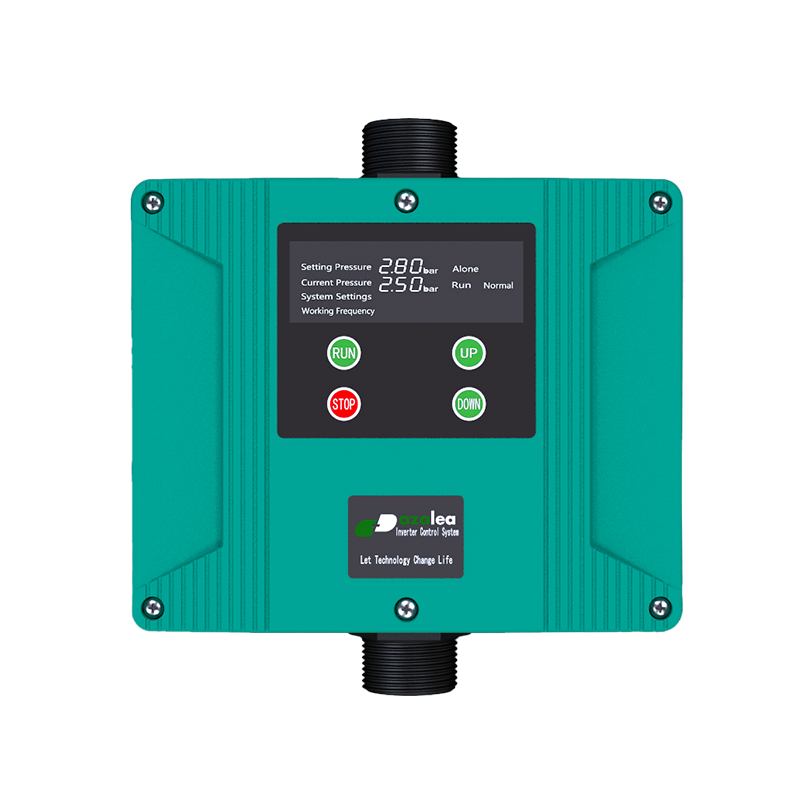
Operational capabilities of modern pump controller technology extend beyond basic start-stop functions. Sophisticated pump controller systems can manage multiple pumps in parallel operation, distributing workload to optimize efficiency and equipment life. Protection features in a comprehensive pump controller include monitoring for dry running, overload conditions, and phase failures. The data logging functionality available in many pump controller units provides valuable information for maintenance planning and system analysis. These operational features make the contemporary pump controller an essential component for reliable fluid system management.
Application diversity represents a notable characteristic of pump controller technology across multiple sectors. Water distribution systems utilize pump controller equipment to maintain pressure and manage reservoir levels. Industrial processes employ specialized pump controller systems for chemical dosing, coolant circulation, and transfer operations. Building services applications incorporate pump controller technology in HVAC systems, fire protection systems, and water supply networks. This broad implementation demonstrates the adaptability of pump controller solutions across different industries and operational requirements.
Future developments in pump controller technology appear likely to build upon current capabilities while adding new functionalities. The integration of wireless connectivity in pump controller systems enables remote monitoring and control options. Advanced analytics capabilities may provide pump controller units with predictive maintenance features based on operational patterns. Enhanced cybersecurity measures are becoming increasingly important for network-connected pump controller installations. As pumping systems continue to evolve toward greater intelligence and connectivity, pump controller technology will maintain its central role in ensuring efficient, reliable, and responsive fluid handling operations across countless applications worldwide.
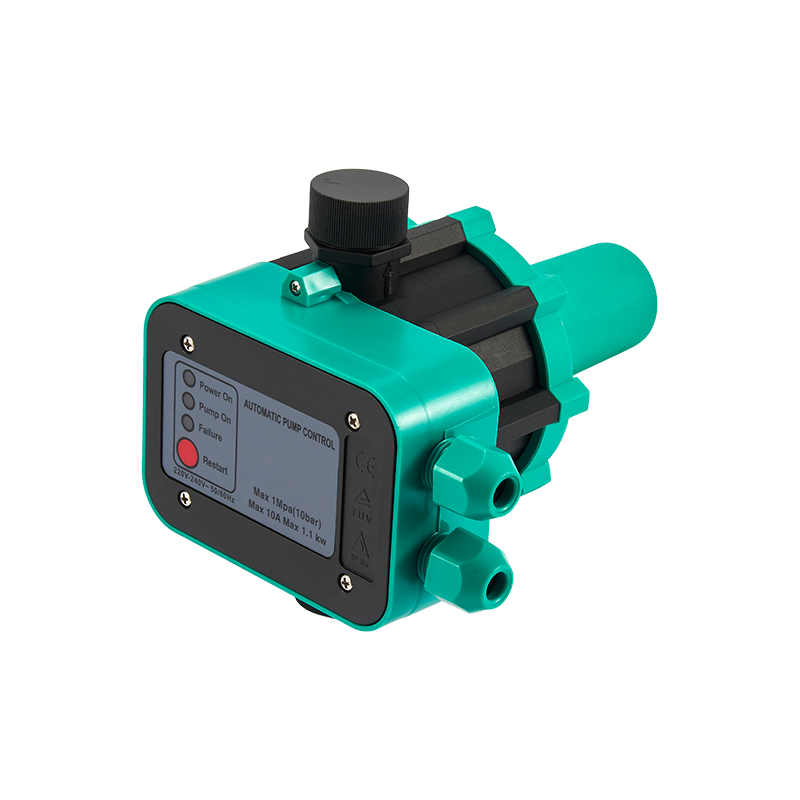
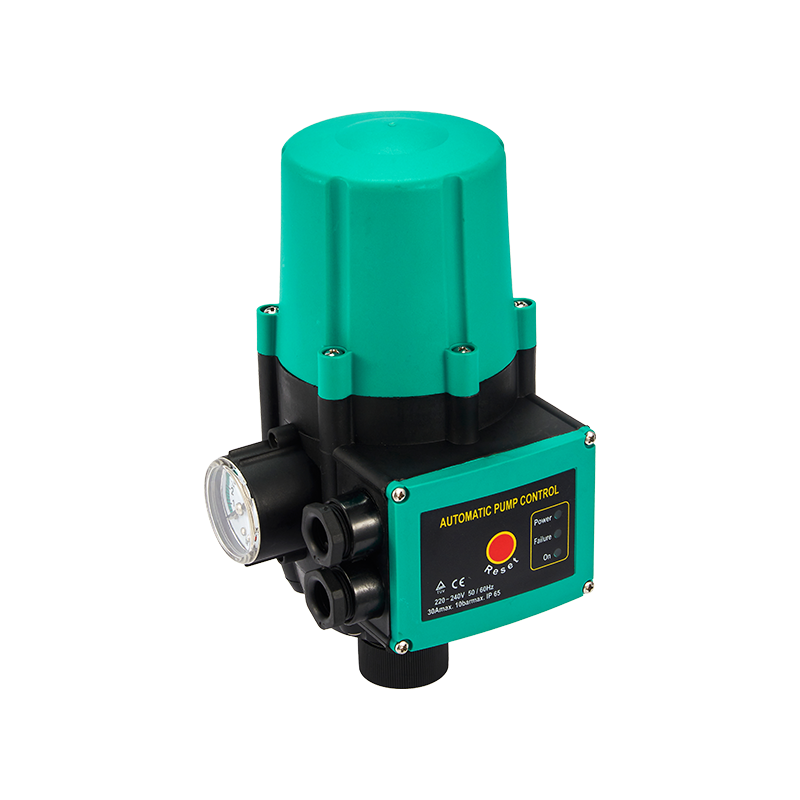
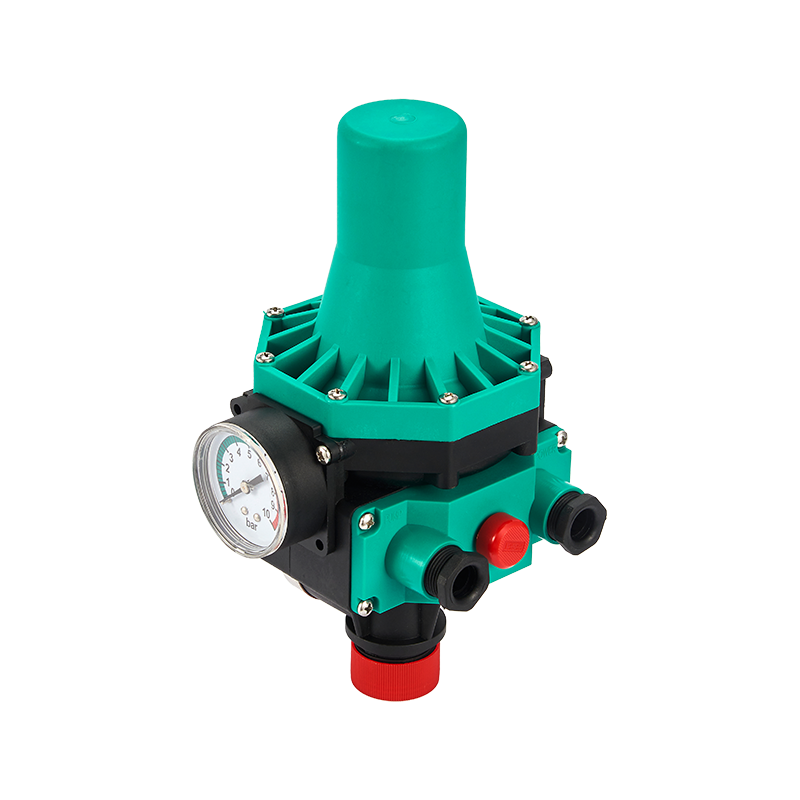
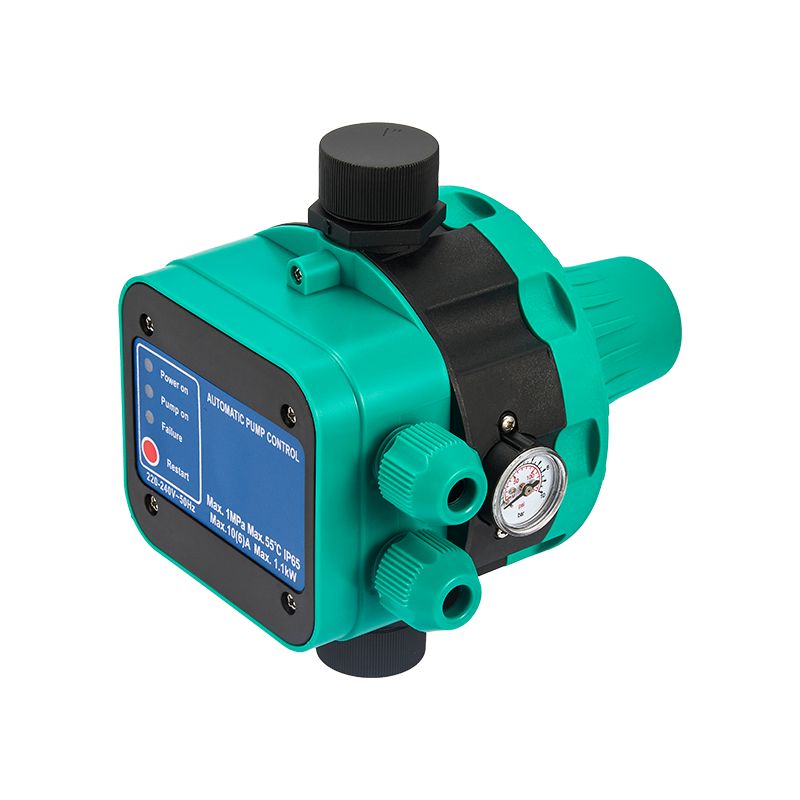
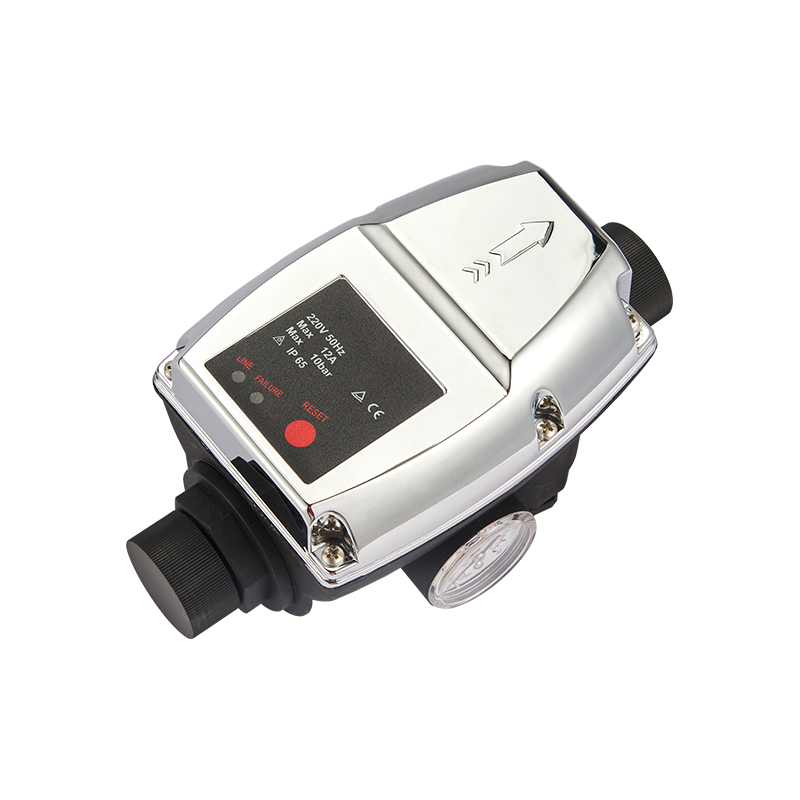
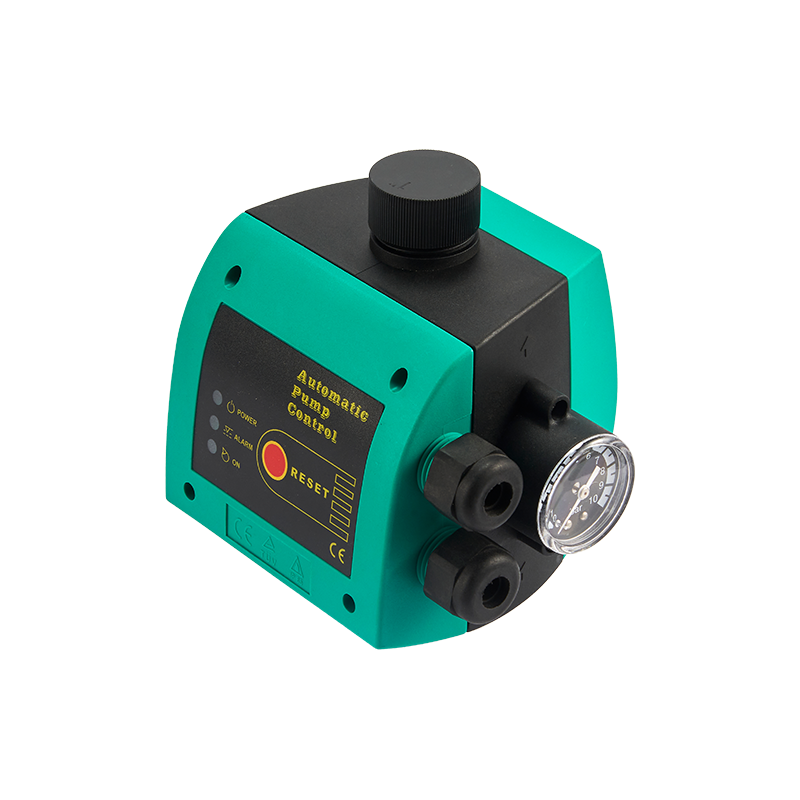
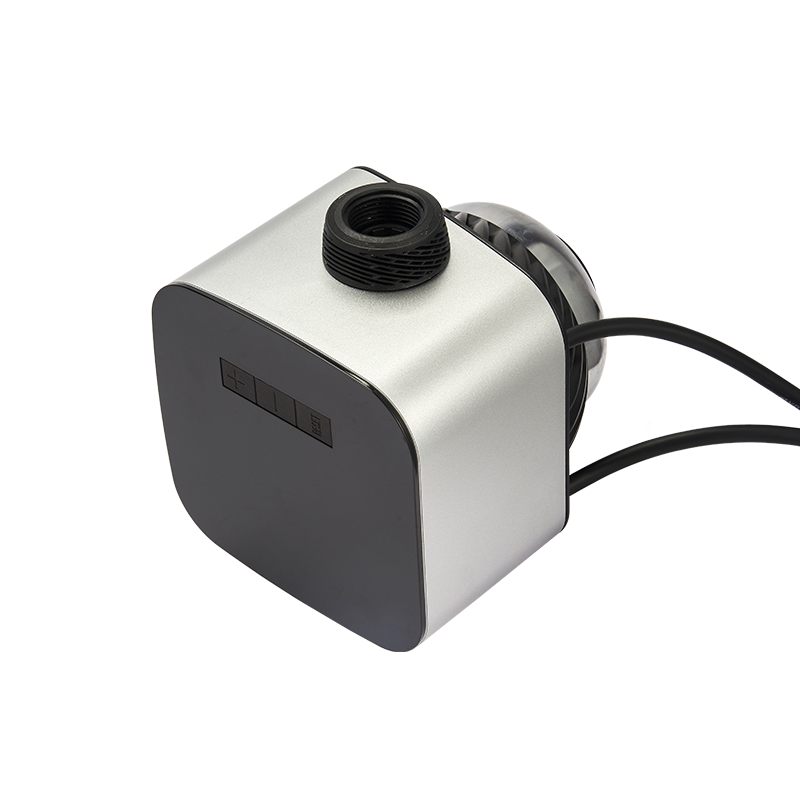
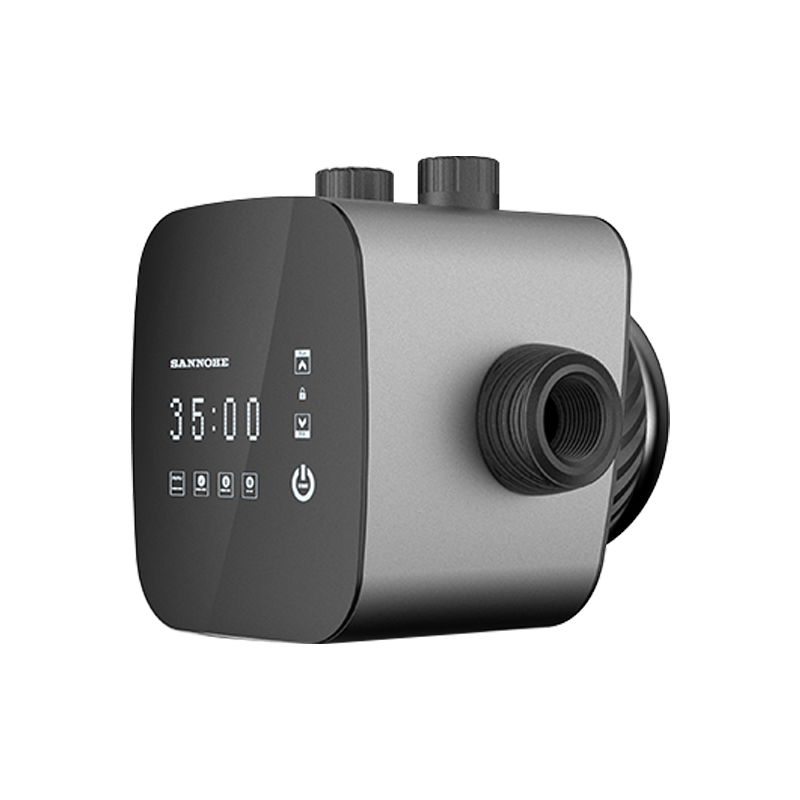
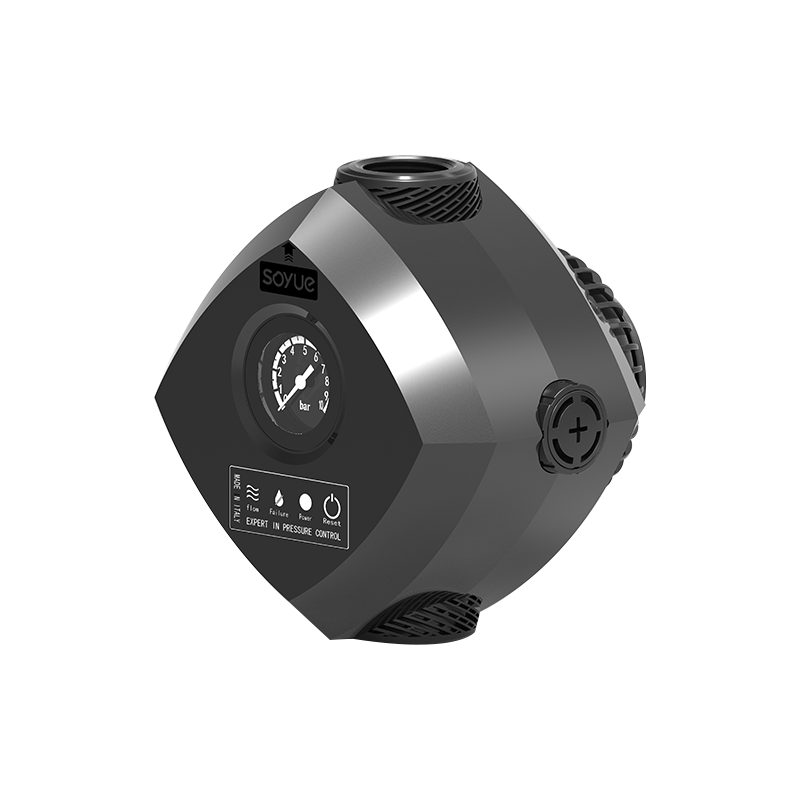
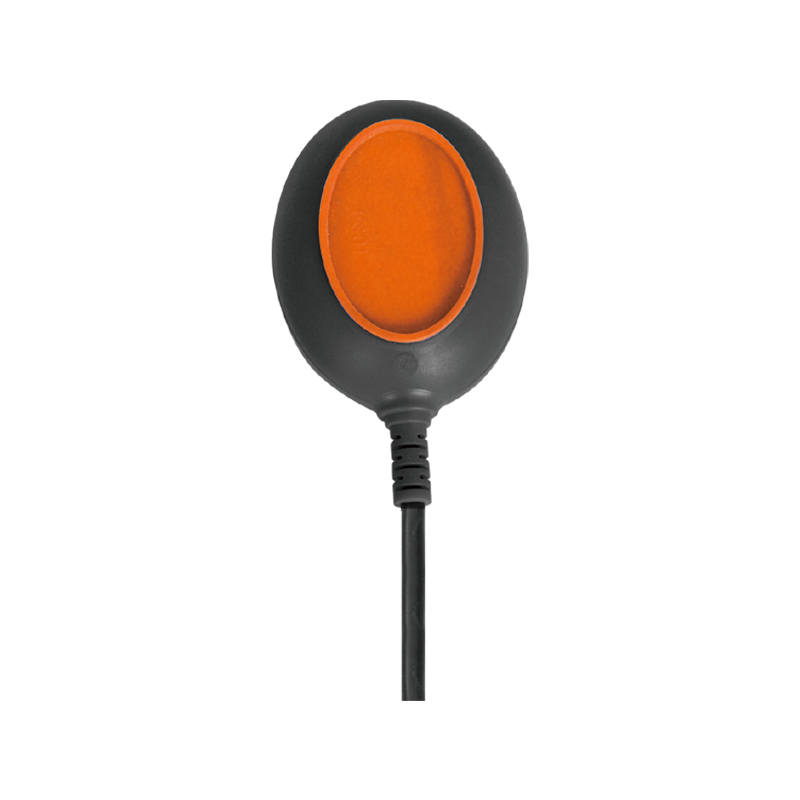
Within the global industrial supply chain, specialized facilities focus on producing the electronic brains that manage the world's pumps: the automatic pump controller factory. These manufacturing plants are dedicated to the design, assembly, testing, and quality assurance of the devices that provid...
Across the diverse applications of fluid movement—from ensuring consistent water supply in high-rise buildings to maintaining precise pressure in industrial processes and agricultural irrigation—the concept of pump automatic pressure control has become a cornerstone of modern system design. This tec...
In systems where water or other fluids are moved under pressure, from residential plumbing and agricultural irrigation to industrial processing and fire suppression, maintaining a precise and stable pressure is often critical. This task falls to a dedicated device: the pump pressure controller. This...